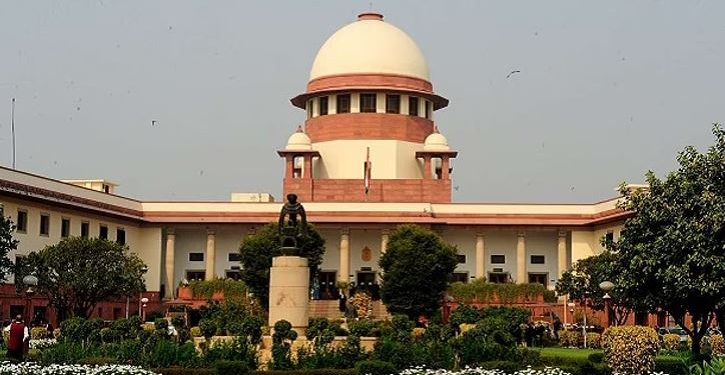New Delhi: The Supreme Court Thursday questioned one of the convicts in the Bilkis Bano gangrape case and the murder of seven of her family members during the 2002 Gujarat riots for depositing the fine imposed on him when the hearing on the pleas challenging his remission was underway before it.
Senior advocate Sidharth Luthra, appearing for convict Ramesh Rupabhai Chandana, told a bench of justices BV Nagarathna and Ujjal Bhuyan that convicts have approached the trial court in Mumbai and have deposited the fine imposed upon them.
“Does non deposit of fine has a bearing on the remission? Did you apprehend that non deposit of fine would have a impact on the merits of the case. First you ask for permission and now without permission you have deposited,” the bench said.
Responding to the court’s query, Luthra said non-deposition of fine does not affect the decision on remission but he had advised his clients to deposit the fine to “reduce the controversy”.
“According to me, this has no legal consequence. But since the argument was raised…To reduce the controversy, we have deposited now,” he said.
The submission assumes significance as one of the PIL petitioners, challenging the remission granted to convicts, has argued that their premature release is illegal as they have not served their sentence in entirety.
It was also argued that since the convicts did not pay the fine amounting to Rs 34,000, they had to undergo additional sentence which they have not.
Luthra informed the top court bench the convicts had filed an application seeking its permission to deposit the fine as there was an apprehension that the sessions court might not accept the fine.
“We have filed certain applications with respect to deposit of fine. They have moved sessions court and it has accepted the fine now. I have advised them that it is appropriate to do so,” Luthra said while clarifying that there was no attempt to “overreach” apex court’s authority.
As the hearing began, Luthra defended the remission granted to his client in the case saying reformation is the ultimate aim of criminal justice system.
“… Otherwise in a murder case, death would be applied more frequently by the judicial dictat but it is applied in rarest of the rare cases. These are not the cases which are beyond the remit of reformation.
“These are not the cases where there was a fixed term sentence. My submission is that arguments on society’s cry for justice, heinous offence is not relevant at this stage as the court has not said that remission is not permissible,” Luthra said.
The hearing in the case remained inconclusive and will resume September 14.
The top court had August 17 said state governments should not be selective in granting remission to convicts and the opportunity to reform and reintegrate with society should be given to every prisoner, as it told the Gujarat government which defended its decision of premature release of all 11 convicts.
At an earlier hearing, TMC MP Mahua Moitra had told the apex court that the gang-rape of Bilkis Bano and murder of seven of her family members were a “crime against humanity”, and accused the Gujarat government of having failed to exercise its constitutional mandate of protecting the rights of women and children by granting remission to the 11 convicts in the “horrendous” case.
Besides the petition filed by Bilkis Bano contesting the remission granted to them, several other PILs including one by CPI(M) leader Subhashini Ali, independent journalist Revati Laul and former vice-chancellor of Lucknow University Roop Rekha Verma have challenged the remission. Moitra has also filed a PIL against the remission.
Bilkis Bano was 21 years old and five months pregnant when she was gang-raped while fleeing the horror of the communal riots that broke out after the Godhra train-burning incident. Her three-year-old daughter was among the seven family members killed in the riots.
PTI






































